Choosing a safe and reliable broker is one of the most critical steps in your career as a trader or investor. The problem is far from trivial, since you will trust them with your money. There are several factors to consider when selecting a broker to provide you with a safe and trusted trading platform, but there is one criterion above all: regulation.
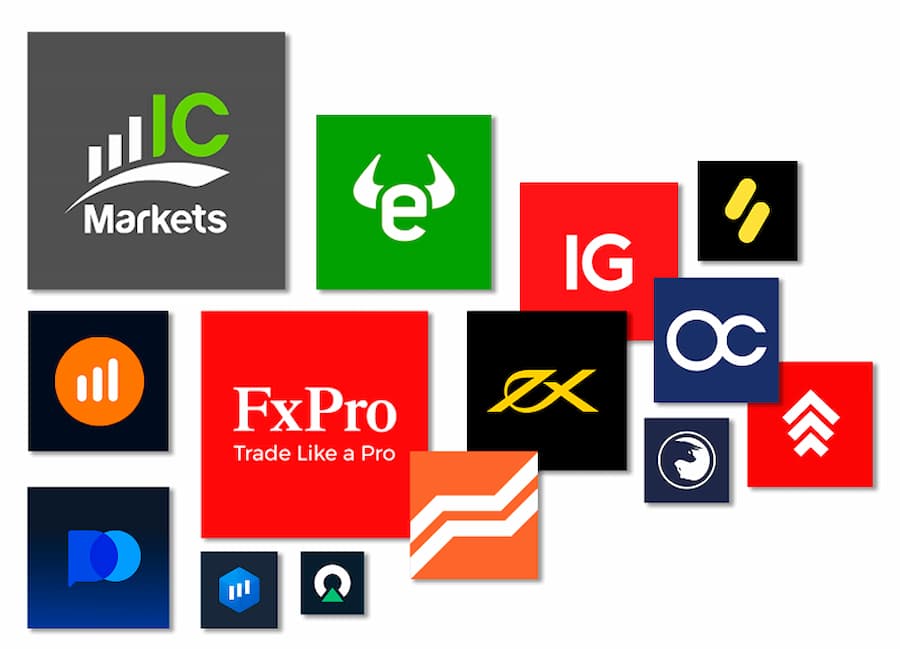
These are the 3 basic principles to choose a safe forex broker:
-
Never trust an unregulated broker.
-
Choose a broker with top-level regulation.
-
Your money is safer when your broker is well regulated and has investor protection.
Introduction to trading brokers
When it comes to trading in the stock and forex market, one of the most important decisions What a trader should do is choose the right broker. Forex brokers are financial institutions that serve as intermediaries between the trader and the currency market. They provide traders with access to the market by offering trading platforms, market analysis and other tools necessary to make well-informed trading decisions.
With so many brokers available, finding the right one can be a daunting task. There are several factors to consider when choosing a forex broker, such as regulation, commissions, customer support, and trading platforms.
In this section, we will explain the different aspects of forex brokers that traders should consider when choosing the most suitable one for their needs and trading style.
Broker Regulation
Forex brokers are regulated by the financial authorities of the countries where they operate. Regulation is essential because it ensures that brokers operate within the law and meet the standards set by regulatory bodies.
When choosing a forex broker, it is important to check if it is regulated by an accredited regulatory body. For example, in the United States, forex brokers are regulated by the National Futures Association (NFA) and the Commodity Futures Trading Commission ( CFTC, Commodity Futures Trading Commission).
In the European Union, brokers are regulated by the European Securities and Markets Authority (ESMA, European securities and markets Authority), in the United Kingdom by the Financial Conduct Authority (FCA, Financial Conduct Authority), in Germany by the Federal Financial Supervisory Authority (BaFin, Federal Financial Supervisory Authority), in Cyprus by the Cyprus Securities Market Commission (CySEC, Cyprus Securities and Exchange Commission), and in Spain, the brokers regulated in Spain, by the National Securities Market Commission (CNMV).
Trading platforms
The trading platforms are essential tools for traders of financial assets. The platform must be easy to use for users and provide access to all the necessary trading tools.
Some brokers offer their own trading platforms, while others offer third-party platforms, such as MetaTrader 4 and 5. Traders should choose a platform that suits their trading style and provides the tools necessary for analysis and execution.
Choosing the right online broker can significantly affect a trader’s success in the stock market. Traders should consider several factors when choosing a forex and cfds broker, such as regulation, commissions, customer support, and trading platforms. By conducting extensive research and comparing different brokers, traders can find the right online broker that meets their trading needs.
Regulation and Licensing of the best brokers
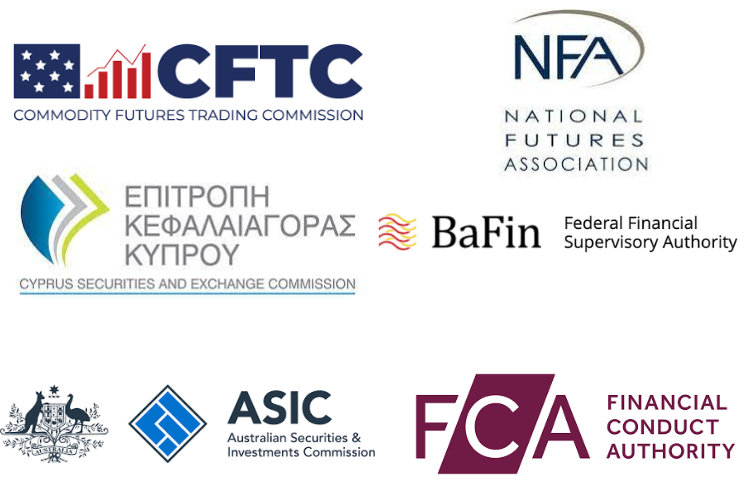
When choosing the right broker, regulation and licensing should be one of the main factors to consider. Regulation and licensing ensure that forex and cfds broker operates fairly and transparently, and that client funds are protected. It is important to note that regulation and licensing requirements vary by country and that not all brokers are regulated or licensed.
In this section, we will explain the importance of regulation and licensing, the different types of regulations and licenses, and how to check forex broker regulation and licenses.
The importance of regulation and licensing
Regulation and licensing play a crucial role in protecting traders from fraudulent activities. They ensure that the broker operates fairly and transparently, and that client funds are kept separate from the operating funds of the broker’s company. This means that even if the broker goes bankrupt, traders’ funds will be safe.
Types of Regulation and Licensing
There are different types of regulations and licenses, and they vary by country. Some of the best-known regulatory bodies include the Financial Conduct Authority (FCA) in the United Kingdom, the Australian Securities and Investments Commission (ASIC), and the National Futures Association (NFA). National Futures Association) in the United States.
Each regulatory body has its own set of rules and requirements, but they are all aimed at protecting traders.
How to check the regulation and license of a Forex broker
Before choosing a broker, it is important to check its regulation and license. This can usually be done by checking the broker’s website or contacting their customer support. Traders should also check the regulatory body’s website to ensure the broker is up to date.
It is also important to note that some brokers may falsely claim to be regulated or licensed, so it is important to do thorough research before making a decision.
Regulation and licensing are important factors to consider when choosing the right forex broker. They help protect traders from fraudulent activity and ensure client funds are kept safe
Trading platform and tools
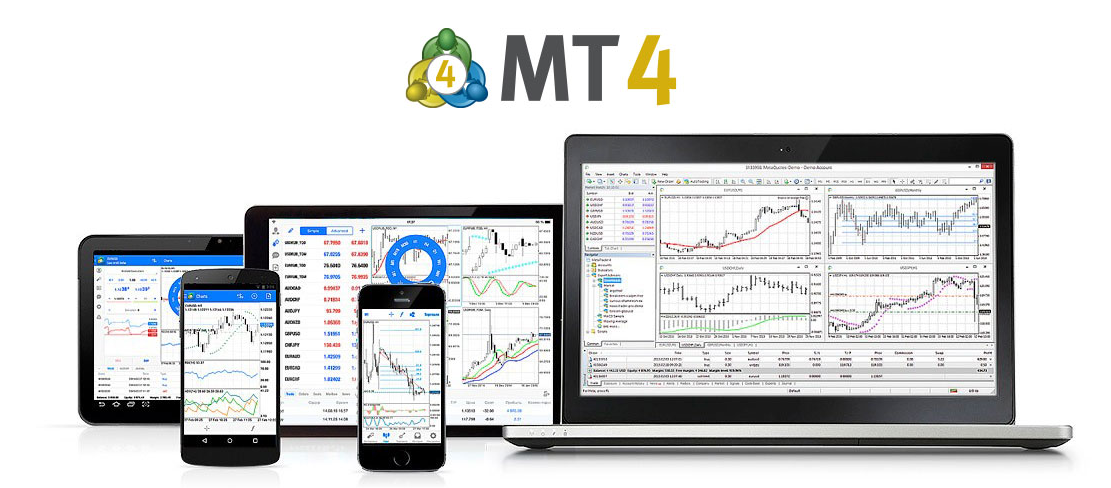
When choosing a suitable broker, one of the most important factors to consider is the trading platform and the tools it offers. A good trading platform will allow you to execute trades quickly and efficiently, while providing you with the tools and resources you need to make well-informed trading decisions.
But with so many different platforms and tools available, it can be difficult to know where to start. To help you make a good decision, we have put together a guide with some of the most important things to consider when it comes to trading platforms and tools.
Ease of use
One of the most important things to consider when choosing a trading platform is its ease of use for the user. A good platform should be easy to navigate and use, even for beginners. Look for a platform that offers a clean, intuitive interface and a variety of useful features, such as charting tools and technical indicators.
Trading Tools
In addition to an easy-to-use platform, you will also want to look for a broker that offers a variety of tools and resources. This could include access to news and market analysis, as well as educational materials and webinars.
Some brokers also offer advanced trading tools, such as automated trading systems and social trading.
Mobile Trading
As more and more traders use mobile devices to manage their trades, it is important to choose a broker that offers a mobile trading platform. Look for a platform that is available on both iOS and Android devices and that allows you to quickly and easily execute trades from your smartphone or tablet.
Platform Stability
When trading Forex, every second counts. That is why it is important to choose a broker that offers a stable and reliable trading platform. Look for a broker with a proven track record of platform stability and consider reading reviews from other traders to see what their experiences have been like.
Demo Accounts
Finally, one of the best ways to try out a trading platform and its tools is to sign up for a demo account. This will allow you to test the features and functionalities of the platform without risking real money. Look for a broker that offers a solid demo account and take the time to thoroughly test the platform before making your final decision.
Commissions and expenses arising from trading
When trading Forex, traders must consider the commissions and expenses involved. These costs can vary widely depending on the broker and the type of account the trader has.
Some brokers charge a commission for trades, while others make money through the spread, which is the difference between the bid and ask prices of a currency pair. Other fees to consider include account maintenance fees, inactivity fees, and withdrawal fees.
It is important to carefully consider these commissions and fees when choosing a trading broker and look for one that offers transparent pricing and low fees.
Here are some key aspects to consider when it comes to fees and expenses derived from investing in the stock market:
Commission vs Spread
Some brokers charge a commission for trades, while others make money through the spread. Commission-based brokers may offer lower spreads, but traders should be aware of the commission they will be charged on each trade.
On the other hand, brokers who make money through spread can offer higher spreads, but traders will not have to worry about paying commissions.
Account maintenance fees
Some brokers charge a monthly fee for maintaining an account. Traders should look for brokers that offer free accounts or have low maintenance fees.
Inactivity Fees
Some brokers charge a fee if an account is inactive for a certain period of time. Traders who do not trade frequently should look for brokers that do not charge inactivity fees.
Withdrawal fees
Some brokers may charge a fee for withdrawing funds from an account. Traders should look for brokers that offer commission-free withdrawals or have low withdrawal fees.
Consider the total cost
When comparing the best Forex brokers, it is important to consider the total cost of trading. This includes not only the commissions and fees associated with trading, but also the quality of the trading platform, the variety of currency pairs offered and the level of customer service provided.
For example, suppose a trader is comparing two brokers. Broker A charges a commission of $5 per trade and has a spread of 1 pip on EUR/USD, while broker B does not charge a commission but has a spread of 2 pips on EUR/USD. If the trader makes 10 trades a day, he would pay $50 in commissions with broker A, but would pay $0 in commissions with broker B. However, the trader would pay $20 more in spread cost each day with broker B, assuming you trade the same currency pair at the same volume.
Trading Instruments
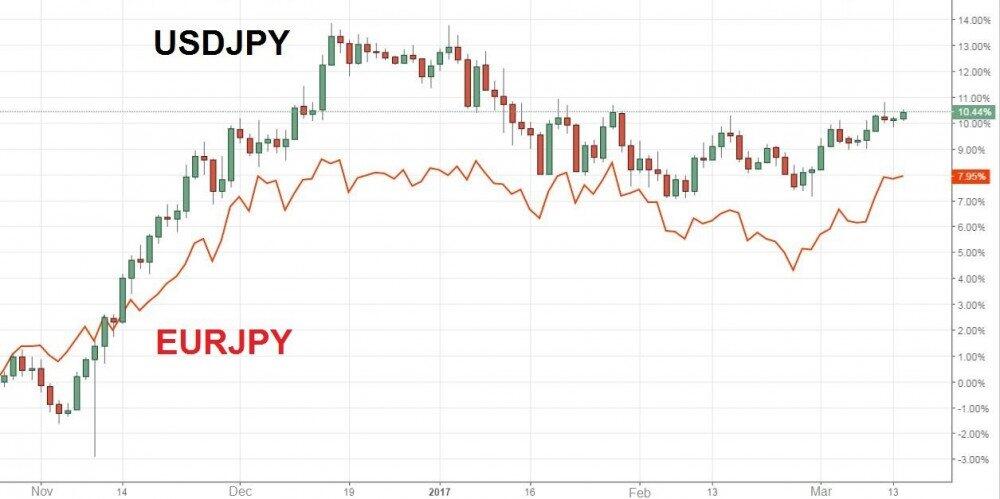
Trading instruments refer to the financial products or assets that traders can buy and sell through the trading platform. These instruments include major currency pairs, minor currency pairs, exotic currency pairs, commodities, indices and cryptocurrencies.
As a trader, it is essential to understand the different trading instruments and how they work in the market. Each instrument has its own unique characteristics and can be affected by various economic and geopolitical events.
When choosing a broker, it is important to consider the range of trading instruments it offers. A good broker should provide access to a wide range of instruments to meet the diverse needs of traders. Here are some detailed insights into trading instruments:
Top Currency Pairs
These are the most frequently traded currency pairs in the forex market. They include USD, EUR, GBP, JPY, CHF, AUD, CAD and NZD. The major currency pairs are very liquid and have low spreads, making them ideal for beginners.
Minor Currency Pairs
Also known as cross currency pairs, these are currency pairs that do not include the USD. Examples include EUR/GBP, EUR/JPY and GBP/JPY. Minor currency pairs are less liquid than major pairs and have wider spreads.
Exotic Currency Pairs
These are currency pairs involving emerging market currencies. Examples include USD/ZAR, USD/TRY and USD/BRL. Exotic currency pairs are very volatile and have wider spreads than major and minor pairs.
Commodities
They are raw materials or primary agricultural products that traders can buy and sell in the market. Examples include gold, silver, oil, and natural gas. Commodities are affected by supply and demand factors and can be influenced by geopolitical events.
Indices
They are stock market indices that represent a certain section of the stock market. Examples include S&P 500, Dow Jones and NASDAQ. Indices are affected by economic and political events and can be traded as CFDs.
Cryptocurrencies
They are digital currencies that use encryption techniques to regulate the generation of monetary units and verify the transfer of funds. Examples include Bitcoin, Ethereum and Litecoin. Cryptocurrencies are very volatile and can be affected by regulatory changes and market sentiment.
Education and resources
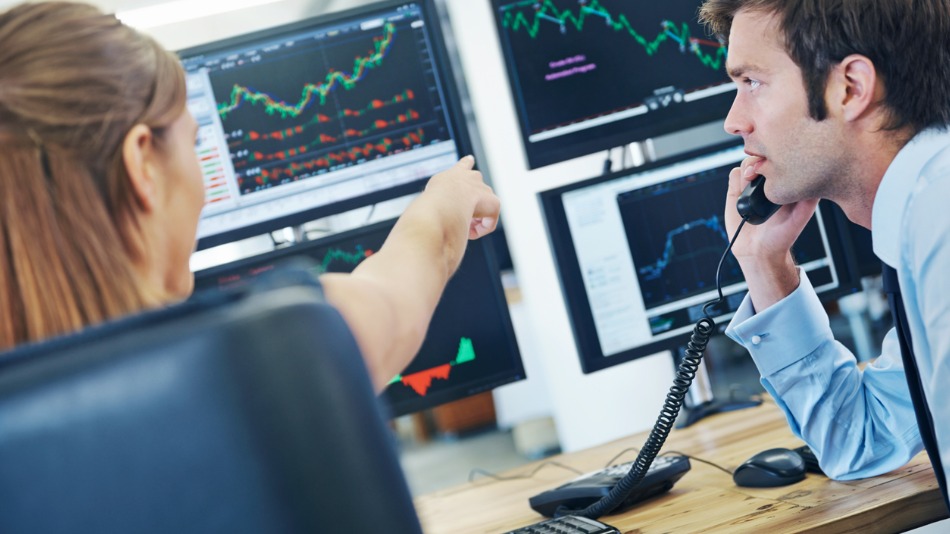
Education and resources are essential to success in the markets, whether investing in ETFs stocks or trading forex. Without the right knowledge and tools, trading can become a risky and daunting task. However, with the right education and resources, traders can make well-informed decisions and increase their chances of success.
In this section, we will discuss the different types of education and resources available to Forex traders.
Trading courses
Trading courses are a great way to gain knowledge and skills about the market. These courses are designed for traders of all levels, from beginners to advanced traders. They cover a wide range of topics, such as technical analysis, fundamental analysis, risk management and trading psychology. Many brokers offer free online trading courses to their clients.
Trading platforms
A trading platform is a software program that traders use to execute trades on the stock market. Trading platforms come in different forms such as desktop, web-based and mobile.
Some trading platforms offer advanced features, such as automated trading and social trading. When choosing a platform, traders should consider their style, needs and preferences when trading the financial markets.
Economic Calendars
The Economic Calendars provide traders with information about upcoming economic events and their impact on the stock market. Traders can use economic calendars to plan their trades and avoid potential market volatility. Economic calendars are available online and are often offered for free by brokers.
Trading Tools
Trading tools are software programs that traders use to analyze the market and make informed trading decisions. These tools include indicators, charting software, and expert advisors. Trading tools can be used to identify trading opportunities, set entry and exit points, and manage risk.
Conclusion

If we want to make money in the markets, choosing the best broker is one of the most important decisions an operator can make. Remember that your capital is at risk and a broker acts as a gateway to the markets, providing access to trading platforms, market data and other resources that are essential for success.
There are many factors to consider when selecting a broker, including whether the broker is regulated, whether you can trade stocks, indices, commodities and currencies with them, their trading conditions and commissions, and, of course, their customer service.
Each operator has different needs and priorities, opening an account to buy and sell currencies is not the same as using it to operate various financial instruments from different world stock exchanges, so what works for one person may not be the same. the best for another.
Choosing a suitable forex broker can be a daunting task, but if you take the time to do your research and consider your options, you will be able to find a broker that meets your needs and helps you achieve your trading goals.
Your turn
Do you use a broker regulated by the CNMV of Spain? What are the best Forex and Cfds brokers for you? What services do you consider the most relevant for a broker?
We would like to read your opinions, it is important to us, so you can leave a comment on these questions or even a question below.
And of course, don’t forget to subscribe to receive more tips and resources on trading and Forex.

 RussiaUS
RussiaUS